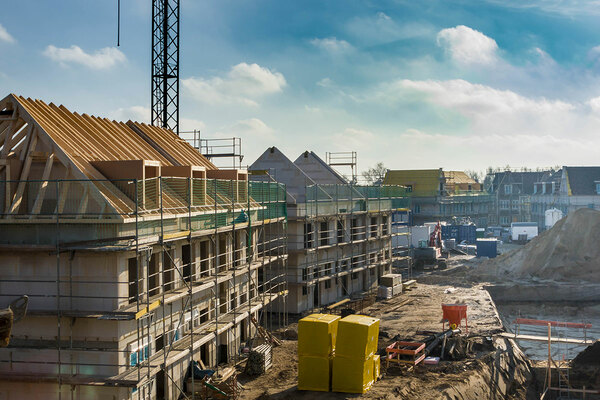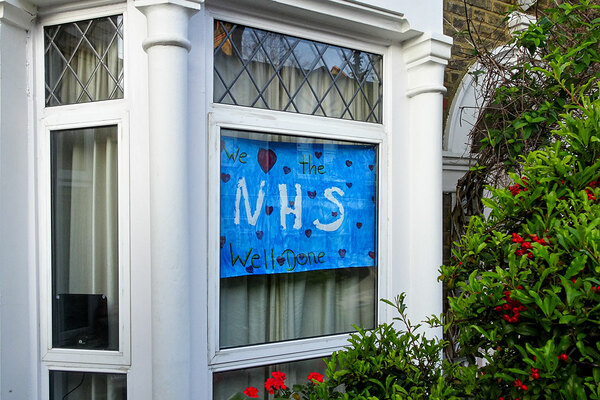Landlords face regulatory challenges as pandemic continues, Scottish Housing Regulator warns
The director of regulation at the Scottish Housing Regulator has warned that although social housing sector finances have remained strong, the coronavirus pandemic is likely to have affected landlords’ ability to comply fully with all regulatory requirements.
Speaking at the Social Housing Scottish Annual Conference yesterday, Ian Brennan said some of the key challenges for social landlords include keeping rents affordable for tenants and service users, providing secure homes for people who need them, and continuing to work to keep tenants and residents safe.
“We want to understand where a landlord is unable to comply with regulatory requirements, as a consequence of the pandemic,” he said.
“We also want to be able to take account of this when we assess each landlord’s performance and risk. This will allow us to judge our level of engagement with each landlord and we will engage where required.”
He said that the regulator recognises concerns tenants are raising around rent affordability and that this will be taken into account in its forthcoming risk assessment, which is due to be published in November, as well as the scale of the issues facing landlords in dealing with the needs of people who are or may become homeless.
“Regulatory standard three requires RSLs to maintain rents at a level that tenants can afford. Given the current and likely future economic context, that will be much more challenging than before,” Mr Brennan acknowledged.
“Before passing costs on to tenants, we think it’s incumbent upon all RSLs to look closely at how they can manage their businesses efficiently to ensure that rent levels are kept as affordable as possible.”
He said the regulator’s latest analysis suggests that finances remain robust, and that sector-wide cash balances have increased since the beginning of the pandemic.
“Our view is that there is no need for concern at sector level or with individual landlords. But we are engaging with a small number of RSLs where we feel that we need more information to fully understand the impact of COVID-19 on their financial health.”
He also urged housing associations to maintain a dialogue with lenders ahead of any problems arising.
“It’s clear that lenders are taking a pragmatic approach and looking for commonsense solutions to issues as they arise. One lender put it quite well to me when he said that they are keen to ensure that the business drives the loan agreement and not the other way around,” he said.
“So the clear message from lenders is to talk to them if you anticipate any issues.”
The regulator has published advisory guidance on business-planning through the pandemic and Mr Brennan said he welcomes feedback from landlords on the usefulness of this.
The guidance suggests that RSLs should be looking to assess the impact of the pandemic on their existing business models and business plans, with the anticipation that a number will want to revise their business plans and their underlying assumptions.
Sign up for Social Housing’s weekly news bulletin
Social Housing’s weekly news bulletin delivers the latest news and insight across finance and funding, regulation and governance, policy and strategy, straight to your inbox. Meanwhile, news alerts bring you the biggest stories as they land.
Already have an account? Click here to manage your newsletters.
RELATED









